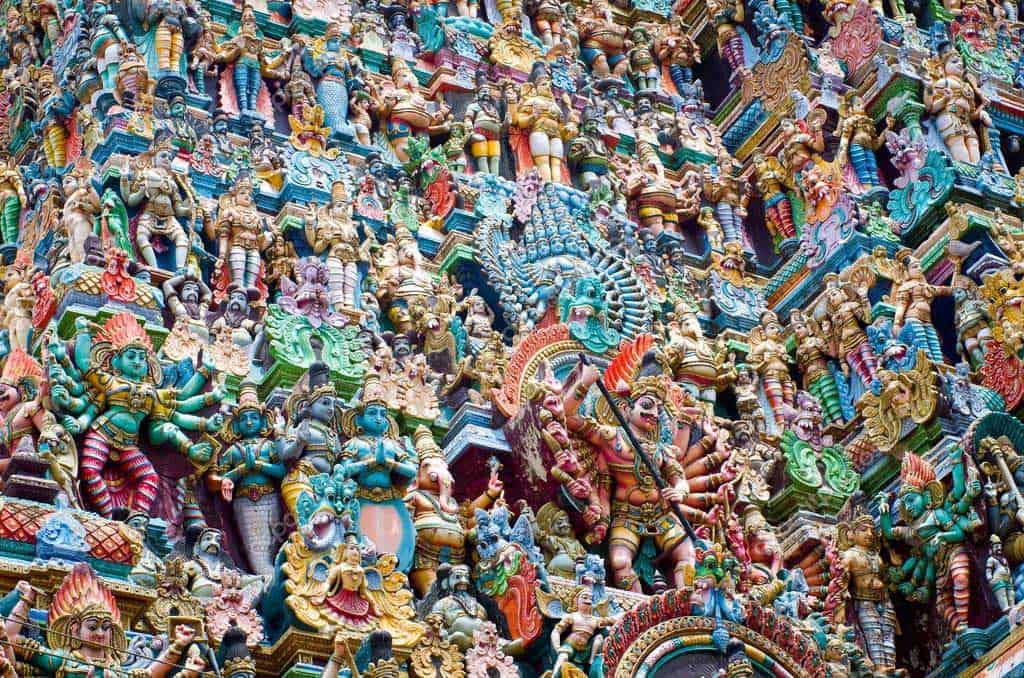Cħandhyogy Upanishad (3/16/1) gives an idea about Vasu, Rudhr and Ādhithy.
Those who indulge in the study of Vedas maintaining celibacy for the first part of the journey of life lasting up to 24 years are to be known as Vasu.
Those who indulge in the study of Vedas for up to 44 years maintaining celibacy are to be known as Rudhr.
Those who remain indulged in the study of Vedas for up to 48 years observing celibacy are known as Mahāmānav Ādhithy.
Vasu, Rudhr and Ādhithy are not any specific caste or class of people but represent the state of exceptional attributes of Devas (divine scholars). This has nothing to do with the earlier mentioned 33 insentient divinities (Devtas).
At the beginning of divine creation, those great souls who contributed to the expansion of their population by their wisdom, penances and valour are known as ‘Prajāpati’.
The meaning of the word ‘Dhikpāl’ is protector or guardian of directions. Those amongst the original divine creations who adorned the class of warriors to protect the civilization and culture of the Divine kingdom were called ‘Dhikpāl’. Separate Dhikpāls’ was nominated for every direction. They are as follows: Indr, Varun, Yam, Kuber, Agni, Nīrithi, Rudhr, Īshān, Brahma and Ananth.





